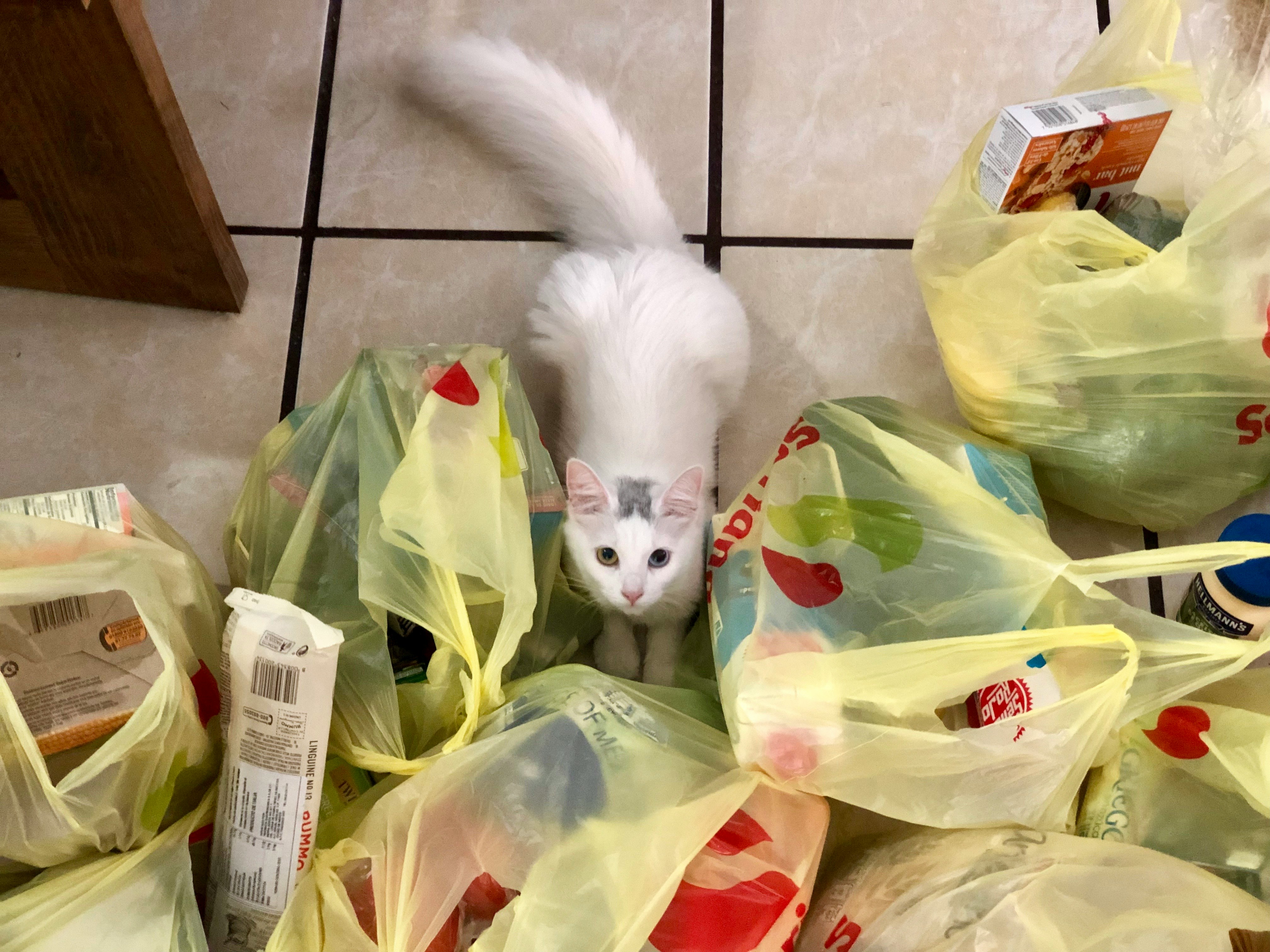It’s Saturday morning, and you’re doing your weekly grocery shop. You’re at the checkout and realise you don’t have enough bags to fit your groceries. You don’t want to pay the 10-cent charge, though, and you end up filling the bag you do have with everything else loose in the cart. As you awkwardly manoeuvre your overflowing cart to your car, dropping items along the way, you can’t help but wonder: Why does such a tiny fee feel so annoying?
Ten cents is practically nothing. It won’t affect your monthly budget, and it’s probably less than the loose change sitting in your car’s cup holder right now. Yet this minimal charge has dramatically changed how millions of people shop. When plastic bag fees were introduced, usage dropped by up to 97 per cent in some countries. How can such a small fee lead to such a big change in behaviour?
The answer lies in how our brains process costs and losses, specifically the psychological pain of paying. Research has shown that people experience genuine negative emotions when parting with money, even for things they want to buy. But this discomfort doesn’t scale perfectly with the amount. We often feel disproportionate annoyance at small, unexpected charges, even when they make up a tiny fraction of our total spending.
Think about it: You might happily pay €4 for a coffee but paying 50 cents for a splash of extra milk feels oddly irritating. Our aversion to losses also explains the impact of the policy. If stores offered a 10-cent discount for bringing reusable bags rather than charging for plastic ones, the impact would be far less despite being mathematically identical.
The bag fee is also effective because it forces us to make a choice. Before the fee, bags were passively given out – taking them was the default option. Now, each bag requires a conscious decision. Do you need it? Is it worth the charge? This mental pause is often enough to make us reconsider our habits.
But perhaps the most powerful aspect of the plastic bag fee is how it’s reframed our relationship with disposable bags. When something is free, we tend to assume it has no value. By attaching even a tiny price tag, the fee forces us to recognise bags as a resource with real environmental and economic costs.
What can policymakers learn from the plastic bag fee’s success? Small, well-placed charges can change behaviour more effectively than generous incentives. Cities have found that modest congestion charges reduce traffic more effectively than incentives alone. London’s pioneering Congestion Charge, introduced in February 2003 at just £5 per day, reduced traffic in central London by 30 per cent during charging hours in its first year alone. New York has seen similar results since introducing its own congestion pricing scheme last January.
Public health interventions show similar patterns. Small taxes on sugary drinks have reduced consumption more effectively than subsidies on healthier alternatives. In Mexico, a modest tax on sugary drinks led to a 12 per cent reduction in purchases within a year, with the greatest changes among lower-income consumers, precisely those most vulnerable to obesity-related health issues.
Even waste management provides compelling evidence of how small charges change behaviour. In Oostzaan, Netherlands, researchers studied what happened when the town switched from a fixed waste collection fee to a weight-based system. The results were dramatic: household waste declined by 30 per cent in the first year alone, without increasing illegal dumping as some had feared. Instead, residents quickly adapted by composting more, separating recyclables, and making different purchasing decisions – all driven by a small per-kilogram charge that made waste disposal a conscious economic decision.
While small charges often work effectively, they can also backfire. In a famous study of Israeli daycare centres, introducing a small fine for late pickups actually increased late arrivals. The fee unintentionally transformed tardiness from a social transgression into a service parents could purchase with a clear conscience. This reminds us that charges work best when they reinforce rather than replace our social and environmental values.
The humble plastic bag fee teaches us something profound about human behaviour: small changes in our environment can sometimes have a disproportional impact on behaviour. Next time you encounter a small charge designed to change behaviour, pay attention to your reaction. That momentary pause is where behaviour change begins.
Pantelis Solomou applies behavioural science to help companies become more customer-centric. He also teaches at the University of Cyprus. A keen mountaineer, free diver, and RYA-certified skipper, Pantelis knows that understanding human behaviour, much like exploring the world, requires both rigor and a sense of adventure






Click here to change your cookie preferences